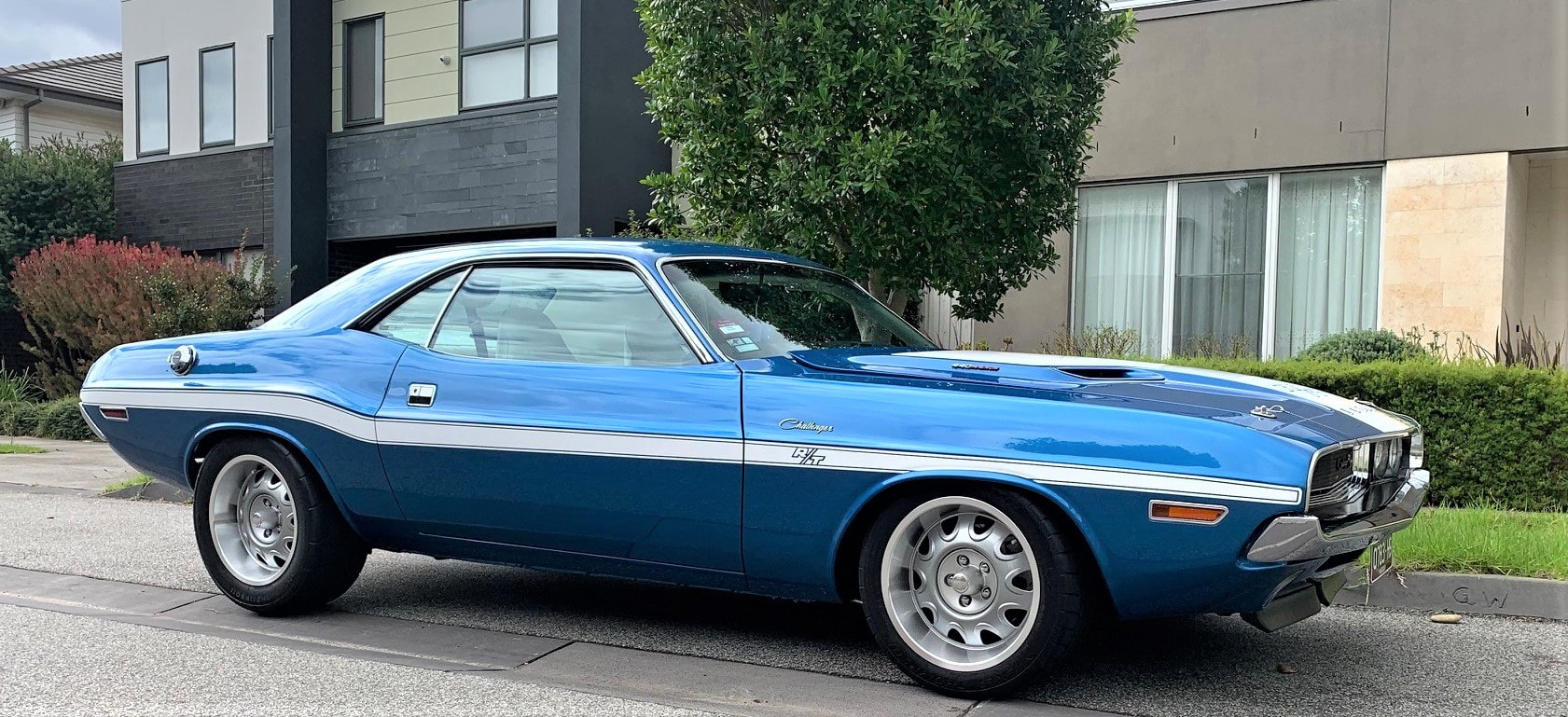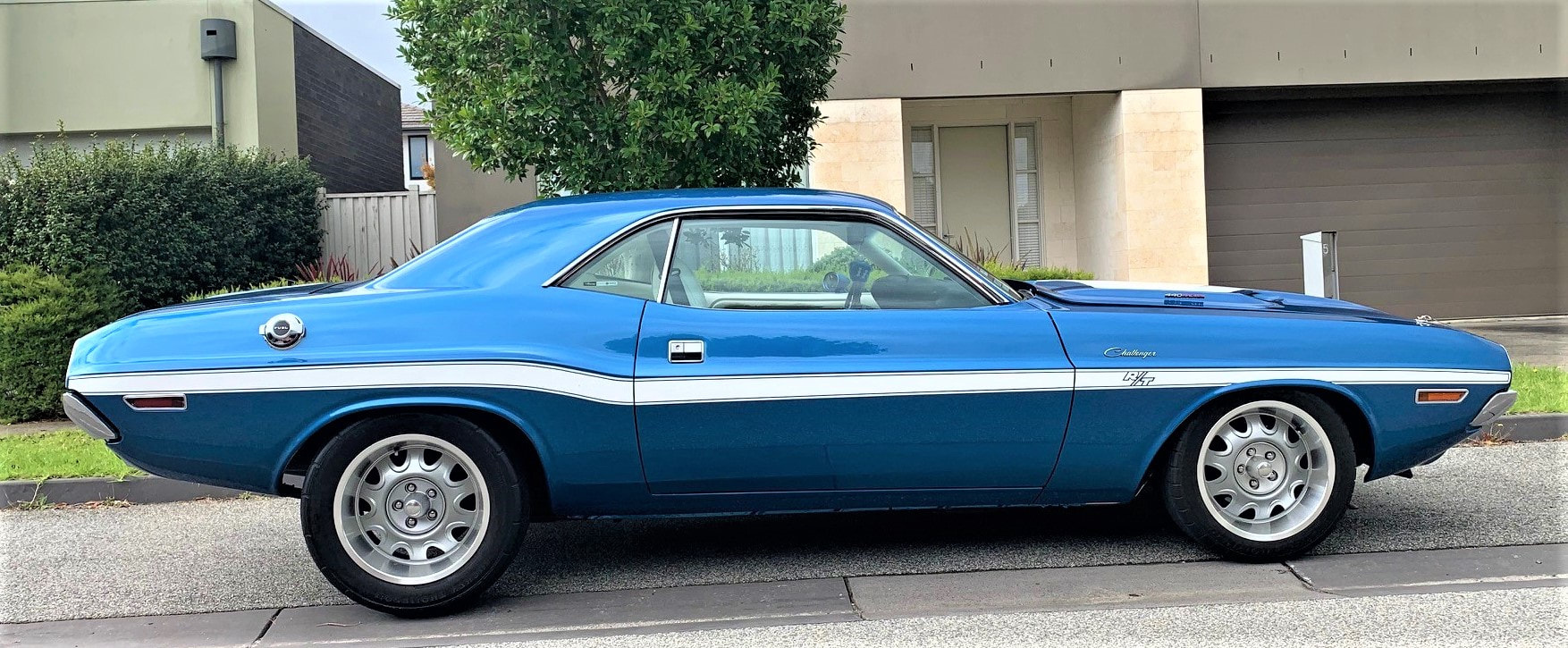
But few people know the full story behind the culturally vanguard record label with a name hard to pronounce. In fact, Putumayo was the brainchild of one man, Dan Storper, a world traveller and cultural enthusiast. Storper collected indigenous clothing on his travels and later sold it in developed countries, a passion of his as far back as 1974. That year, he was traveling in Colombia and explored the grand Putumayo River. Which flows south from Colombia along the border of Ecuador and Peru before finally flowing into the Amazon in Brazil. In 1975, Storper named his cottage clothing and handcrafts company after the river, a name that stuck until he sold the company in 1997. But in between he was busy with his real life’s work, using the same name when he founded the Putumayo music company.
The origins of that musical adventure are a story of serendipitous wanderlust, as well, but this time far closer to home. In 1991, Storper was returning from a trip to Bali and stopped through San Francisco. In Golden Gate Park, he stumbled upon a group of musicians making enchanting music, the Nigerian band, Kotoja. Storper was so enthralled by the music and noticed a crowd forming, so a light bulb went off. Why not “collect” music from the different regions and countries he visited like he collected handcrafts and clothing?

The decision to represent each CD with such celebratory and recognizable artwork has become the calling card of the music label, and we can only speculate if it would have survived at all without that universal visual appeal. Every CD cover is painted by British illustrator Nicola Heindl. Her art has been described as both, “funky and modern,” which speaks to Putumayo’s self-described mission, to connect the traditional with the contemporary. They certainly do that with genres as diverse as Australian aboriginal music, American Cajun songs, and Arabic beats (one of my favorites.)
Putumayo products now sell in 3,000 book shops, gift shops, cultural retailers, and specialty stores in the United States. They distribute CD’s to more than 80 countries and have 10 offices in 6 countries. They’ve steadily expanded, adding the Putumayo World Music Hour syndicated radio program in 2000, an extremely popular Putumayo Kids division in 2002, and converting their whole musical catalog to digital formats in 2011.
Dan Stroper and Putumayo doesn’t develop new bands and act as a traditional label as much as they discover existing talent around the world, and then compile and distribute them to mainstream markets. Along with musicologist and longtime Putumayo researcher Jacob Edgar, Dan Stroper and his staff have a catalog of over 30,000 songs they’ve discovered and assembled. They narrow down to the top dozen or so for each album based on company listening events and feedback, sets up royalties with the local artists so they’re well compensated, and then releases the music.

Putumayo is deeply involved with empowering the communities where they find their music. To date, they’ve donated over one million dollars to worthy charities and non-profits around the world. Putumayo uses music as a platform to garner awareness and support for organizations that aim to make a difference in the regions where the music originates.
Per their website, Putumayo.com:
We are pleased to support the following charitable organizations.
ACCION International
Global Exchange
Global Fund for Women
International Rescue Committee
Mercy Corps
Music Maker Relief Foundation
Oxfam America
Pan American Health and Education Foundation
Population Services International (PSI)
Seva
Slow Food
The Said Foundation
Wildlife Conservation Society
So next time you see a rack of brightly-colored CD’s with a funky name, pick one up and give it a try. Just by pressing, “play” You’ll be experiencing the joy of music as an introduction to so many people and cultures around the world.

 RSS Feed
RSS Feed